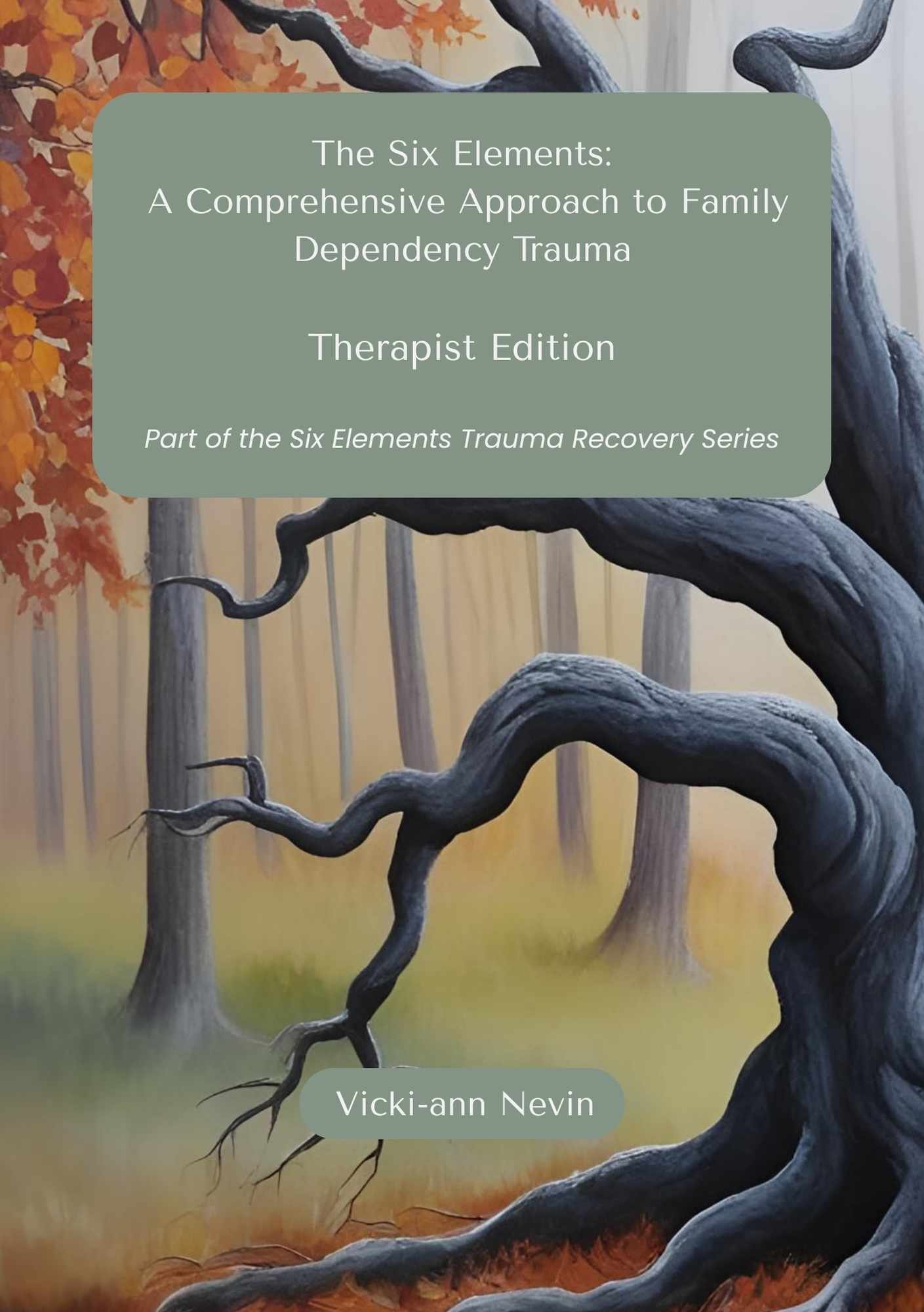Supporting Clients from Dependent Families to Rebuild Trust
As therapists working with clients who have grown up in families affected by a parent or caregiver’s dependency on substances or processes, you will recognise how deeply the issue of trust is woven into their experience. Many clients have internalised the belief that trust is dangerous, unreliable, or simply not possible. This belief is not just about others, but often extends inward, leaving them uncertain about trusting themselves.
The Unspoken Rule: “Don’t Trust”
The “don’t trust” rule is rarely spoken aloud, yet it is reinforced in countless ways throughout childhood. It sits alongside other unspoken rules, such as “don’t make friends outside the family”, “nothing is wrong, everything is fine”, and “do as I say, not as I do”. Clients may also have heard messages like “stop crying or I’ll give you something to cry about”, which teaches them to suppress their feelings.
The Impact of Addiction on Family Dynamics
Addictive dynamics often bring manipulation, denial, secrecy, and broken promises into the home. Caregivers struggling with addiction may use anger, guilt, urgency, blame, or self-pity to maintain the status quo. For the child, this constant shifting of reality creates a deep sense of mistrust. It becomes safer not to trust anyone, including themselves.
Relationship Challenges in Adulthood
As a result, your clients may struggle to form close relationships. They might avoid intimacy, find it difficult to communicate openly, or oscillate between clinging to others and shutting down emotionally. These patterns are understandable responses to growing up in an unpredictable environment.
The Three Tarnished Rules
The three tarnished rules of dysfunctional families-don’t feel, don’t talk, don’t trust-shape the adult lives of those who grew up in these systems. Clients may find themselves isolated, unable to express emotions, or wary of connection. They may even feel disconnected from their own feelings, using these rules as a shield against further hurt.
Rebuilding Trust: A Pathway to Healing
Yet, healing is possible. One of the most empowering steps for clients is learning to trust themselves again. This involves listening to their own intuition, recognising their strengths, and understanding that they have already survived so much. Journaling about their resilience and abilities can be a helpful tool in this process.
How Therapists Can Help
As therapists, you play a vital role in helping clients identify and neutralise these hidden rules. By bringing awareness to the ways these patterns operate, you can support your clients to break free from old constraints and build healthier relationships-with themselves and others.
A Practical Resource: Neutralising Hidden Rules
If you are looking for practical resources to guide your clients through this journey, the workbook is designed specifically for this purpose. It offers exercises, real-life examples, and step-by-step strategies to help clients understand and move beyond the “don’t trust” rule, as well as the other two tarnished rules. This resource can deepen your therapeutic work and provide your clients with tools for lasting change.
Moving Forward
Supporting clients to rebuild trust, both in themselves and in others, is a transformative process. With the right framework and resources, you can help them move from surviving to truly thriving.


